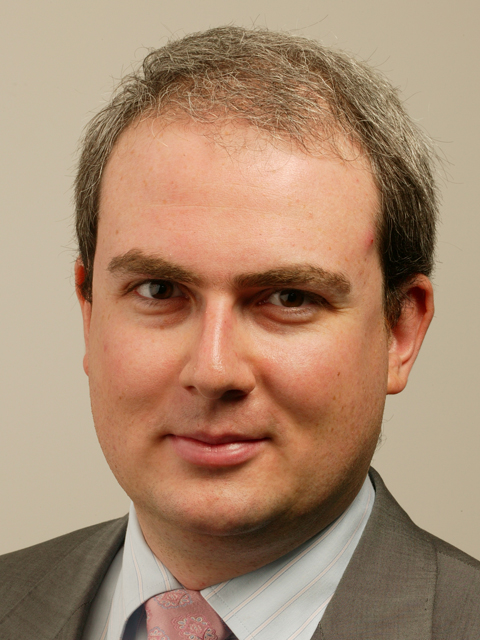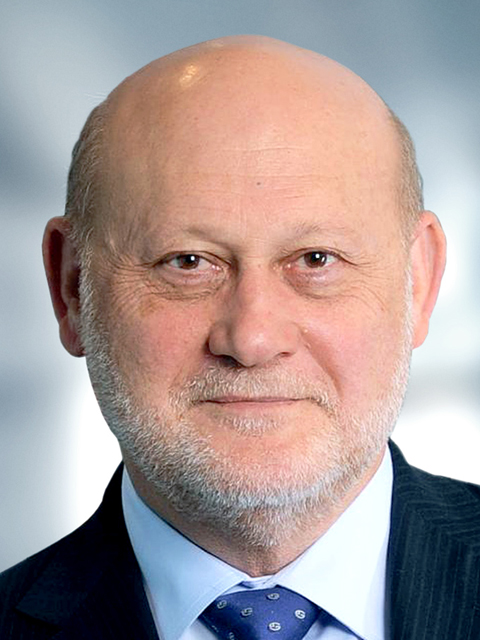THE DOLLARS AND SENSE IN BETTER MANAGING THE RUSSIAN ENVIRONMENT
Much progress has been made in environmental management over the past two decades when, coming out of the Soviet period, as much as 40% of Russian territory experienced ecological stress. Yet further efforts are called for – including the introduction of specific ‘green’ measures to increase business awareness, improved regulatory frameworks and incentives, and policies to encourage the adoption of new technologies – which, if taken in combination, are not only good for the environment, but also strengthen a company's bottom line. Are there some case studies where stronger environmental practices have led to better business efficiencies and more sustained profits? What key systemic policy approaches and technical innovations can drive a new ‘green agenda’ for Russian industry?
Moderator:
Elena Lazko ,
Partner, Head of Green Agenda Programme, Deloitte
Panellists
Mikhail Akim ,
Vice-President for Strategic Development, ABB
Madeleine Bergrahm ,
Head of Environmental and Social Responsibility EMEA, HP
Vsevolod Gavrilov ,
Director of Projects Management Directorate in Energy Saving and Nature Directorate, Sberbank
Andrei Elinson ,
Deputy Chief Executive Officer, Basic Element
Nuritdin Inamov ,
Director, Department of International Cooperation, Ministry of Natural Resources and Environment of the Russian Federation
Maxim Nechaev ,
Director, Consulting, IHS Energy
Evgeny Shvarts ,
Director of Conservation Policy, World Wildlife Fund - Russia
Isaac Sheps ,
President, Baltika Breweries










